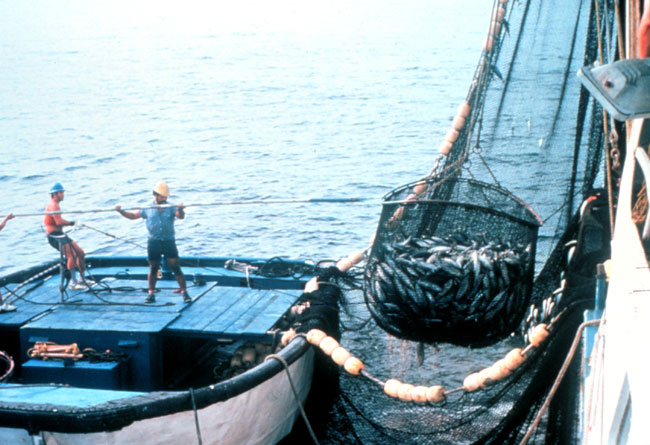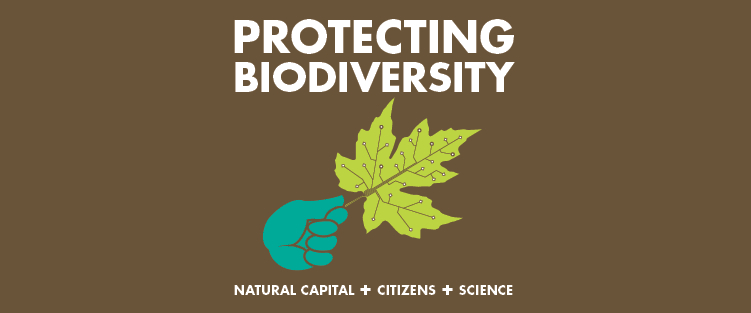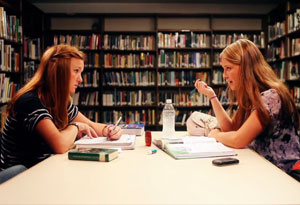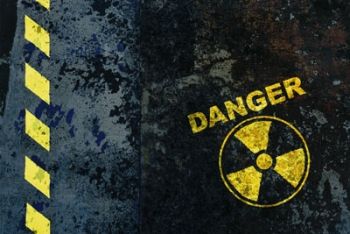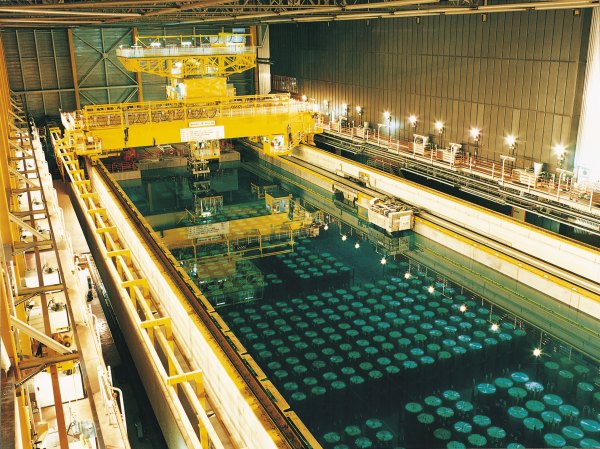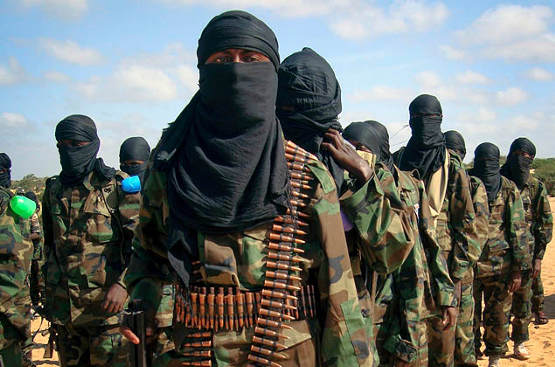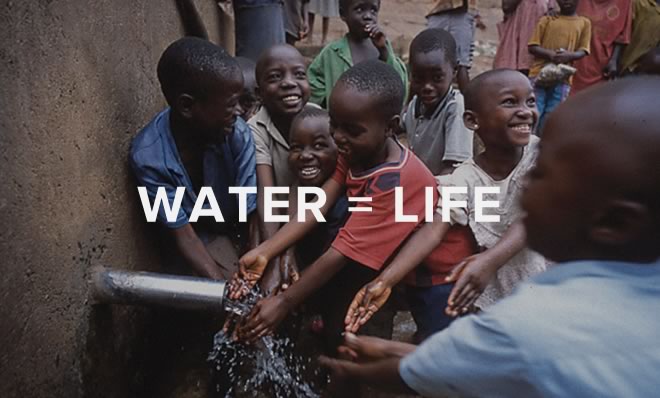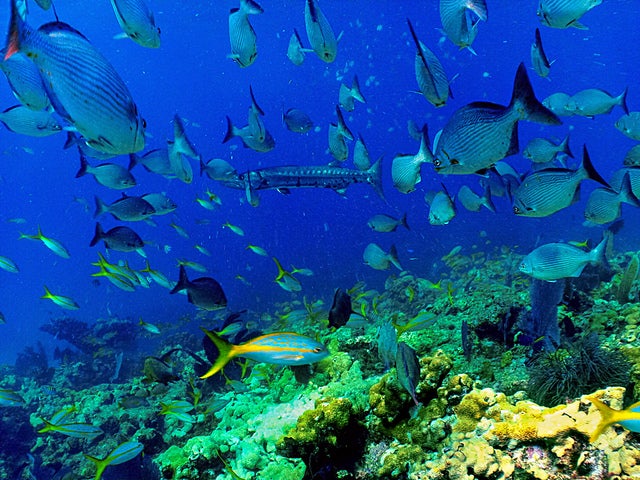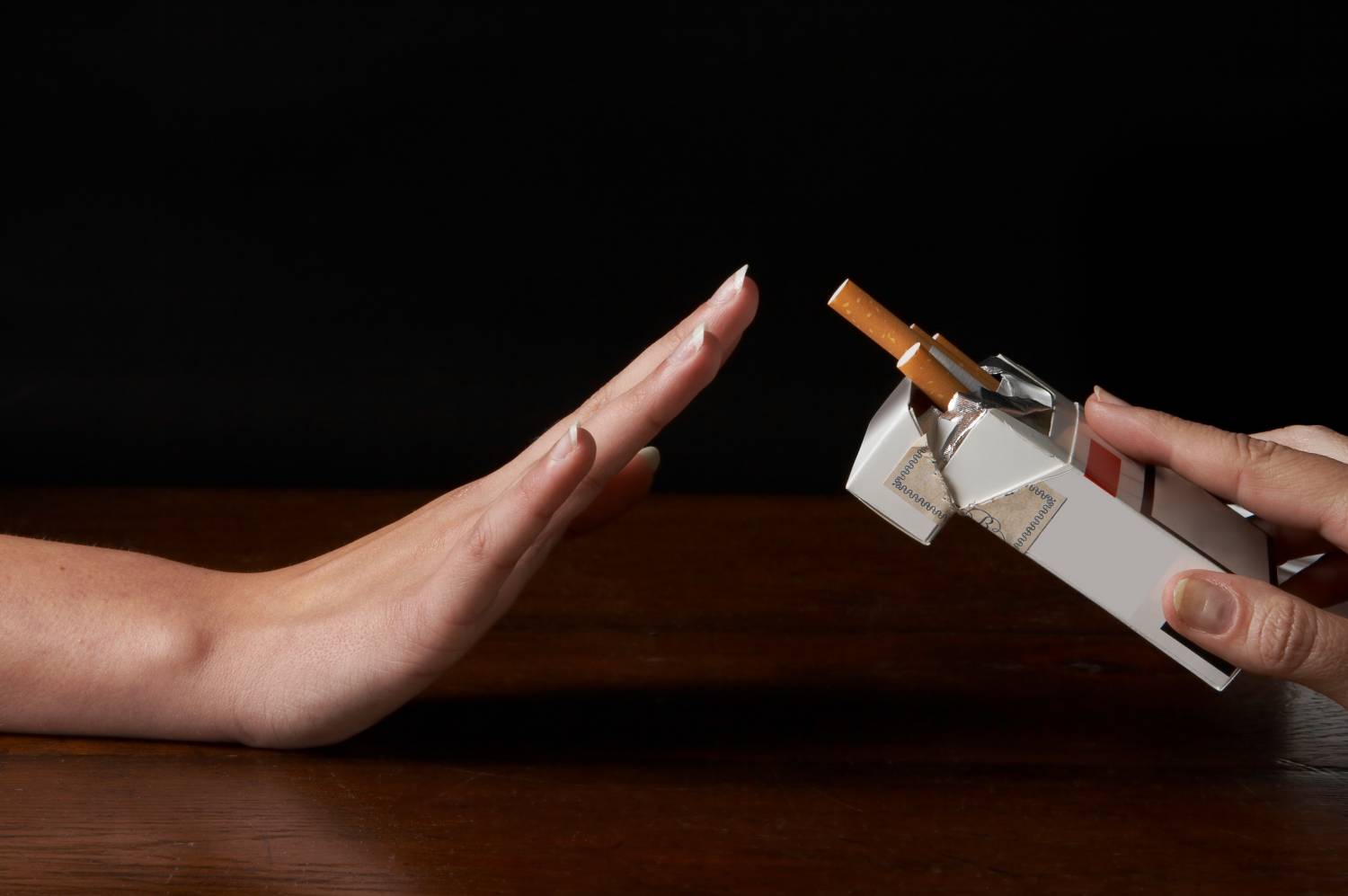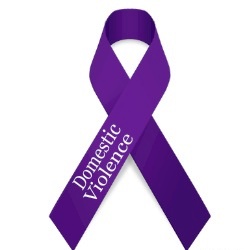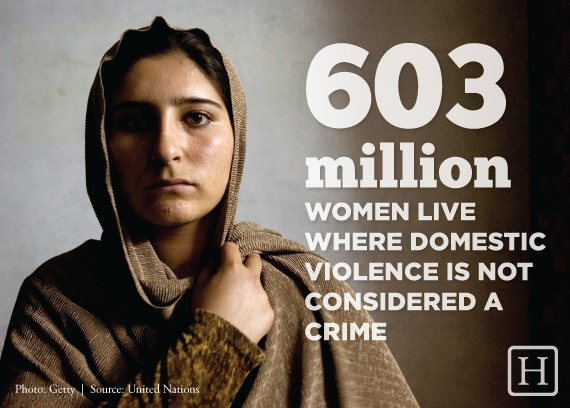Biodiversity is a necessary part of life. The diverseness of species is what makes an ecosystem thrives. Millions of species all related to each other, their roles intertwined to help maintain the environment that they're living in. The more intertwined they are to others, the more resilient the environment is to change. However, we are, in many ways, destroying the diversity in ecosystems all around the world. So for today, I'm going to talk about the importance of biodiversity and why we should protect it. (For anyone who's too lazy to read, there's a video at the bottom which pretty much covers all that we're going to talk about.)
First of all, watch the video above so you'll have a basic understanding of what biodiversity is. Don't worry, I'll wait.
 |
| A little treat for male readers out there. ;) |
Why is biodiversity important? If you google that question, you'll find that biodiversity is not only important to environment but to mankind as well. If you've finished watching the video, then you should have an understanding of how biodiversity helps shape an ecosystem. Therefore, I'm only going to focus about what role biodiversity take part in our life.
First of all, we all know that biodiversity helps create strong, resilient, healthy ecosystems. So how does a healthy ecosystem benefit us? Here's a list of just a few things that ecosystems can offer to us:
- Protecting areas from soil erosion, floods, and other harmful weather conditions
- Reducing risk of local and global climate change
- Recycling nutrients
- Pollination and biological control
- Controlling pollutants
- Monitoring the health of the environment
So biodiversity helps create environment where life can thrive, therefore it is keeping us alive. Pretty important, right? But it's hard to imagine that something so vague is keeping us alive. Therefore, let's talk about the economic value that biodiversity brings (because money is easier to imagine than the how nitrogen get recycled by nature).
 |
| It's kinda hard to imagine something like this, isn't it? |
What does biodiversity bring that is economically-benefited to us? Well food is one thing. Biodiversity offers us a whole range of different kinds of food (like a gigantic buffet), each has its own nutrients that are beneficial to human being. Also, it makes eating more enjoyable. Imagine how suck it would be if the gigantic buffet only has one dish.
 |
| Can't decide which image to use, so I use all of them. :) |
Secondly, biodiversity offers us medicines. For thousands of years, human have been using herbs, plants, and even animal parts as medicines to cure a wide range of different diseases. Not to mention, it also provide herbs that is enjoyed by many teenagers nowadays (ehem, weed, ehem). I'm not saying that it's good or not (however there's a ton of articles saying that it is), but it's certainly is interesting to know that biodiversity provide teenager an addicted pastime.
 |
| Were you expecting a picture of weed? |
Thirdly, biodiversity provide materials for commercial uses. Plants provide trees, wool, syrup, oil, dye, seasonings, etc. while animals provide meat, fur, eggs, etc. In an earlier blog that I wrote about ocean ecology, I've mention that the ocean ecosystem provides about 1.2 million jobs, 38 million dollar worth of income, and 140 million dollar worth of sales in 2014 for the U.S. Now that's a lot of money.
And what have humans do to the thing that have given us so much? We're destroying it, little by little, every day. Watch the video below to know about the threats that biodiversity is facing, thanks to us. 8-|
So what can we do to stop people from damaging biodiversity? You can encourage your local community to protect and diversify biodiversity by planting trees and gardens, and consume goods moderately. If your local community uses pesticide, encourage them to stop using pesticides and instead invest in animals that can help kill pests. You can also spread information about the importance of biodiversity to others (like this blog, for instance), or create events that help promote biodiversity protection.
There are many ways in which you can help protect biodiversity. No one way is better than other. As long as you can remember the importance of biodiversity to nature and human life, and work toward protecting it from being destroy, any way you choose is a good way.
Too lazy to read? Watch this video instead!
Source + extra links for people who are interested in this topic:
Learning to protect biodiversity:
https://www.youtube.com/watch?v=kHhspf5IfdE
Why is biodiversity important?
https://www.youtube.com/watch?v=GK_vRtHJZu4http://www.greenschoolsireland.org/biodiversity/why-is-biodiversity-important.364.html
http://www.globalissues.org/article/170/why-is-biodiversity-important-who-cares
Threats to biodiversity:
https://www.youtube.com/watch?v=rhRBqeuG1Jc
https://www.youtube.com/watch?v=2RC3Hsk90t8

